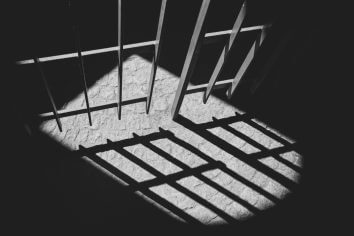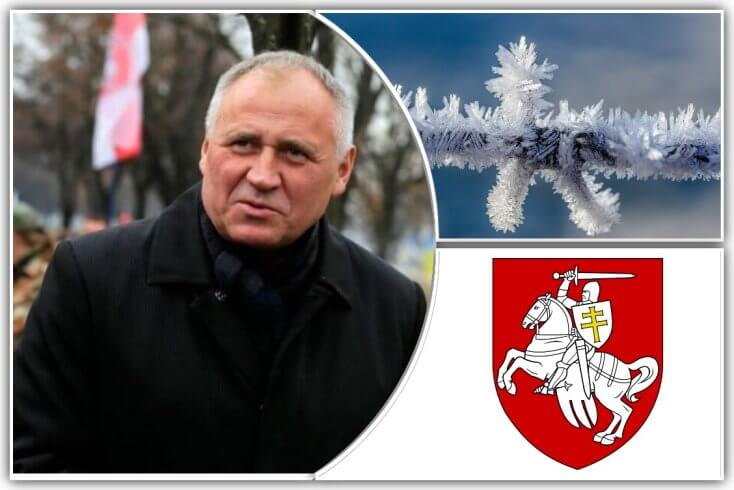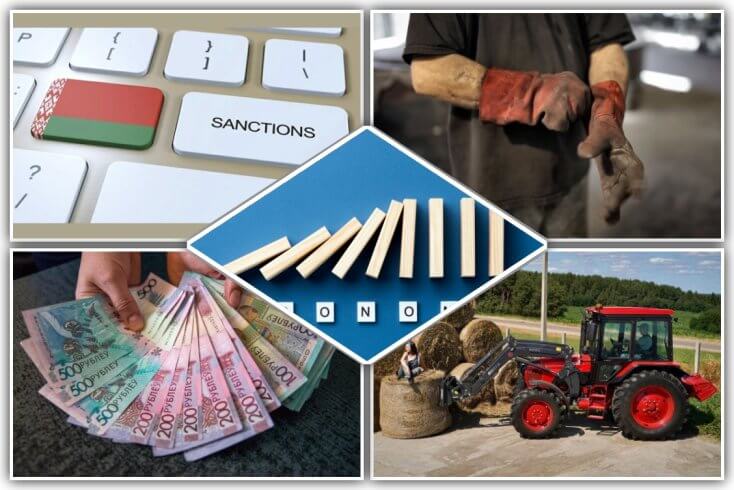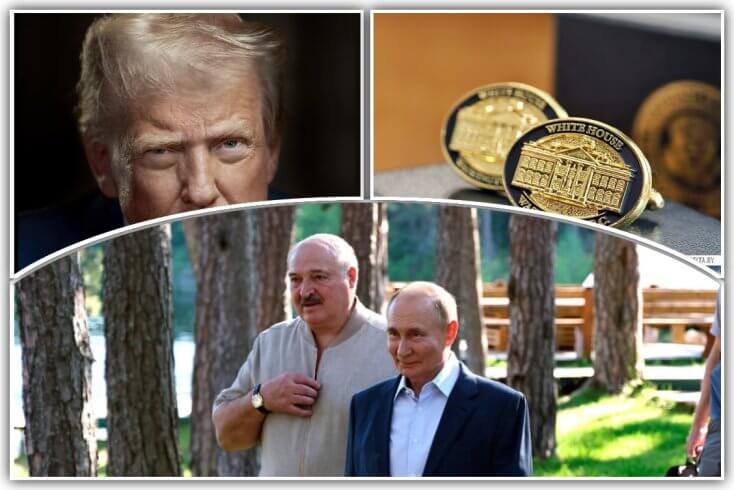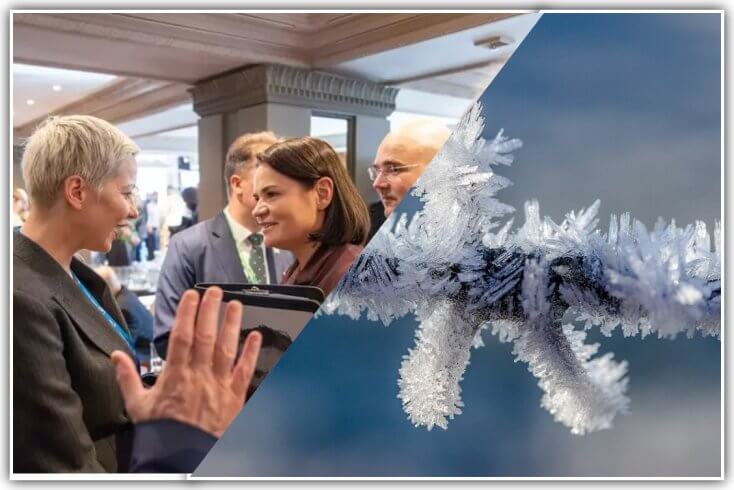During an August 1 news conference in Valaam, President Vladimir Putin made it unmistakably clear that he considers Ukraine to be Russian territory. His remarks visibly unsettled his guest, Alaksandar Łukašenka.
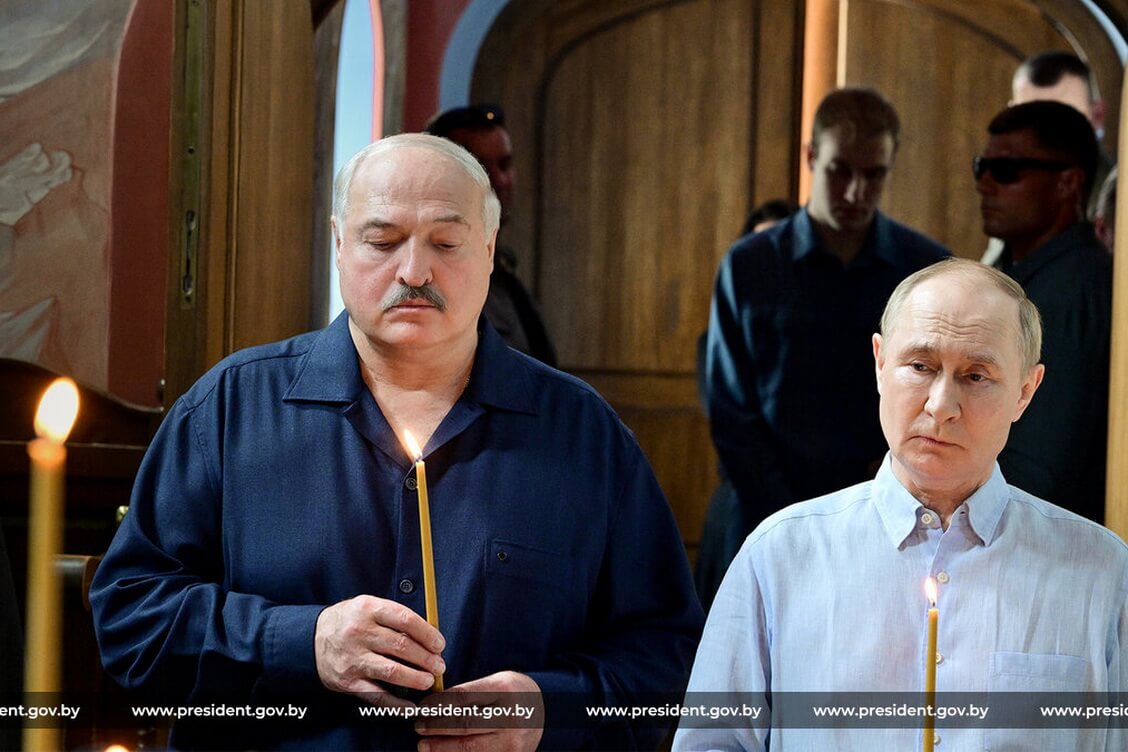
At the event, the Belarusian strongman urged Kyiv to accept Moscow’s conditions without delay.
“Ukraine today must promptly ask him [he gestured at Putin]: ‘Vladimir Vladimirovich, let us sit at the negotiating table and make a deal,’” Łukašenka said. “Otherwise, in a month, a month and a half or two months, there will be no defensive structures left—the Russians will slowly bite off [Ukrainian territory], capture, advance and reconquer.”
Putin bristled at the word “reconquer.”
“Return. This belongs to us,” he corrected Łukašenka.
“Well, return,” Łukašenka corrected himself with a laugh.
Clearly, he did not appreciate the correction. It is evident that he understands Putin views Belarus as Russian territory as well.
Moscow has been eroding Belarusian sovereignty—not just seizing Ukrainian land.
At Valaam, Łukašenka declared that no one could bring Belarus and Russia to their knees. He frequently professes loyalty to Moscow, but his primary concern is retaining control over Belarus, which he treats as his personal fiefdom. His pro-Russian rhetoric often masks his desire to extract as many resources and concessions from Moscow as possible. However, Russia gives nothing away for free—it has gradually forced him to surrender key elements of Belarusian sovereignty.
Remarks about Trump
Łukašenka also mocked US President Donald Trump’s ultimatum for Moscow to agree to a ceasefire before August 8 or face sweeping new sanctions and tariffs.
Originally set at 50 days, the deadline was abruptly reduced to 10–12 days following Russia’s deadly missile strikes.
“Fifty, sixty, ten days—that’s not how politics is done,” Łukašenka scoffed. “If he wants peace, he must get involved carefully and thoroughly. This is a military conflict, and you can’t dictate terms—especially to a nuclear power. Listen, this is just ridiculous.”
Despite his criticism, Łukašenka referred to Trump as “our common friend,” noting that both he and Putin had supported him during the US presidential race.
Minsk has reportedly reached out to the Trump administration, offering pardons for political prisoners in exchange for sanctions relief. However, Trump has been angered by Putin’s refusal to agree to a ceasefire in Ukraine—tensions that threaten to derail separate negotiations between Minsk and Washington. If relations between Washington and Moscow deteriorate further, Łukašenka will have little room to maneuver.
It is likely that during their recent meeting, Łukašenka informed Putin of his ongoing dialogue with American officials.
Łukašenka seeks role in Ukraine settlement
In June, Łukašenka made it clear to US diplomats that he would like to participate in any future peace talks on Ukraine. He may be seeking guarantees that Russia will not absorb Belarus once the war in Ukraine ends.
He also discussed Minsk’s potential role in the Ukraine settlement during his visit to Valaam.
Keith Kellogg, US presidential special envoy for Ukraine, visited Minsk on July 21. Shortly after that meeting, Belarus released 14 political prisoners, including opposition figure Siarhiej Cichanoŭski. Kellogg’s visit was likely an attempt to explore a diplomatic path through Łukašenka to reach Putin.
US envoys previously engaged with Łukašenka in August 2019, during Trump’s first term. John Bolton, then Trump’s national security advisor, later recalled that Łukašenka had warned of Moscow’s threats to Belarusian independence—as well as the risks it posed to Poland and other NATO countries.
It is therefore highly probable that Łukašenka’s rhetoric in the meeting with Kellogg was quite different from his talk of “brotherhood” with Putin.
Łukašenka has likely not changed his view of Russia as an existential threat to Belarus. He is well aware that Putin sees Belarusian independence as a historical mistake.
Russia uses Belarus to blackmail the West
Putin announced he might deploy Oreshnik missile systems to Belarus before the end of the year. Łukašenka has repeatedly described the presence of Russian missiles and nuclear weapons in Belarus as a “security guarantee.”
Putin, however, sees Belarus as a strategic outpost—a platform from which to threaten the West.
Moscow shows little concern over Russian attack drones entering Belarusian airspace as it intensifies airstrikes on Ukraine. If the Kremlin were to test NATO’s resolve, it would likely do so via Belarus, hoping that any retaliatory strikes would hit Belarusian—not Russian—territory.
The alliance with the Russian empire poses risks not only for Łukašenka’s regime, but for the entire Belarusian nation.
